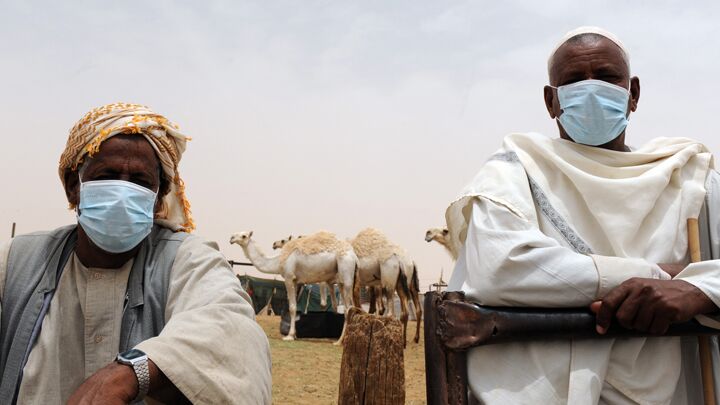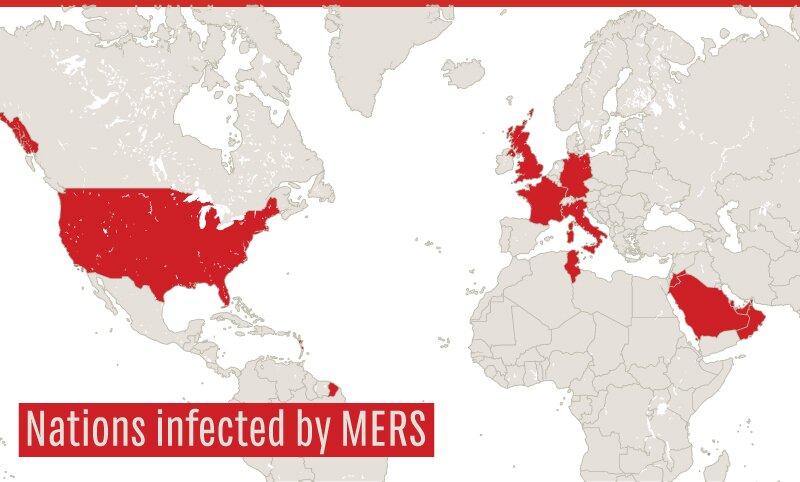
MERS Has Arrived on American Soil
At least two patients have been admitted to American hospitals with the lethal Middle East Respiratory Syndrome (mers). The spread of the disease—which thus far has no known cure—is an early warning sign that despite the supposed marvels of modern medicine in the West, the threats posed by disease are a real and present danger.
The latest patient initially traveled from Saudi Arabia, the home of the respiratory virus. His journey to America took him through London, Boston and Atlanta, before finally reaching a hospital in Orlando. The number of possible exposures has raised concerns that the virus could quickly spread to pandemic levels.
The arrival of mers in America comes only days after a report by the World Health Organization (who) stated that the world is on the cusp of “a post-antibiotic era—in which common infections and minor injuries can kill.” According to this report, the world looks set to return to the medicinal equivalent of the Middle Ages when a sneeze and the death knell couldn’t be differentiated.
The report focuses on the growing immunity of bacteria to antibiotics. Since the days of Alexander Fleming’s discovery of penicillin in 1928, life-threatening hordes of bacteria have been held at bay—but no longer.

Some of the report’s most condemning statements revolved around bacterial resistance to “last resort” antibiotics. These antibiotics represent the only line of defense that science can offer people who face a life-threatening infection. who noted that some of these antibiotics, such as those that deal with intestinal bacteria, are now ineffective in as much as 50 percent of patients.
The fortifications of the medical industry couldn’t come at a more crucial time. Not only are deadly bacteria more resistant than ever, they are also multiplying. Gonorrhea’s last resort medication—third generation cephalosporins—have recorded failures across the globe: from Austria to Australia, Sweden to South Africa.
This is why the medical community is in a panic. Continent by continent, medics are waking up to the fact that antibiotics aren’t bolstering a patient’s immunity to bacteria like they used to, but are actually building bacterial immunity to antibiotics!
According to Dr. Keiji Fukuda, who’s assistant director general for health security, “Effective antibiotics have been one of the pillars allowing us to live longer, live healthier, and benefit from modern medicine.” According to this latest report, the lack of such pillars looks set to bring the roof of society’s robust health crashing down.
Though no deaths from mers have been reported in America, the arrival of the disease should make us question just how prepared the nation is to face an outbreak, particularly if the most effective fortification that the medical industry can provide—antibiotics—is now crumbling.
It’s high time the international community started looking at what will need to be done to keep people healthy in a post-antibiotic world. If we don’t, diseases such as mers will get the best of us. There is a viable solution available. Former Trumpet columnist Ron Fraser wrote about it in his article “The Healing of the Nations.”
